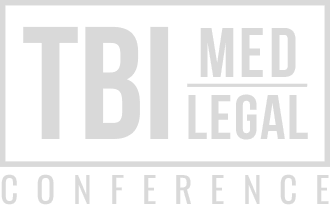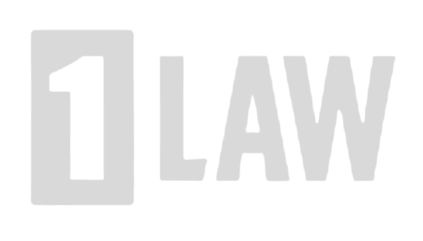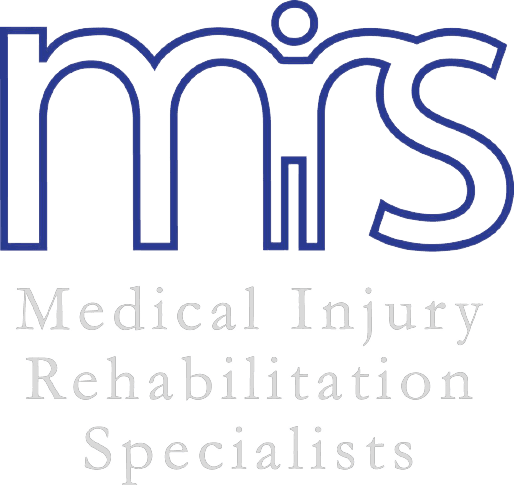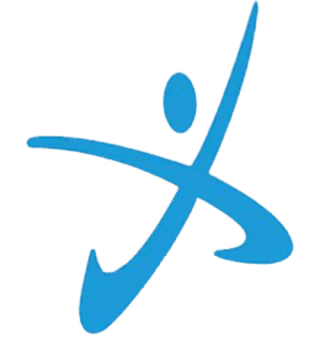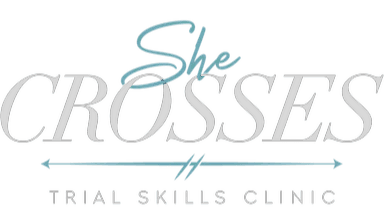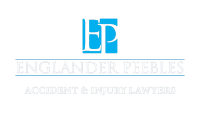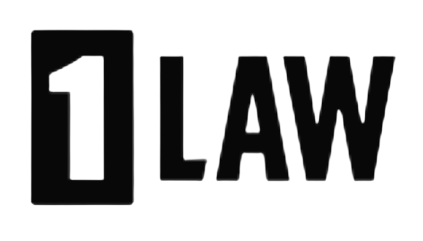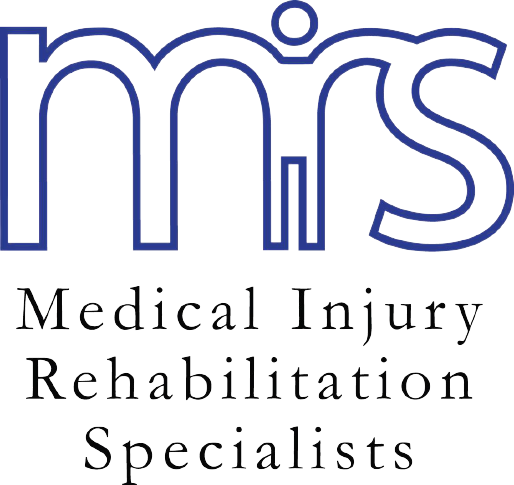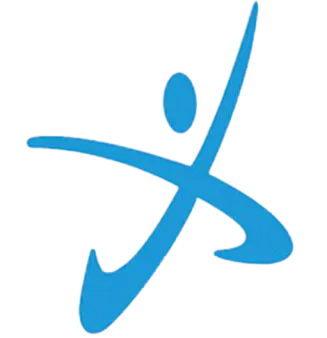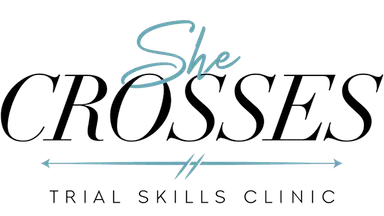Accessibility in Web Development for Law and Medical Firms
Trusted by The Top Medical Legal Organizations in the Nation
For law firms and medical practices, digital accessibility is no longer optional—it is a necessity. Clients and patients often arrive at a firm’s website during critical, sometimes stressful moments. They are seeking clarity, reassurance, and trust. If they encounter a confusing layout, poor contrast, unreadable fonts, or missing captions, frustration can drive them away. Worse, inaccessible design may unintentionally exclude people with disabilities entirely.
Accessibility in web development ensures that every visitor—regardless of ability—can use a website effectively. For professional firms, this approach demonstrates respect, empathy, and a commitment to serving the community. It also sends a clear message: “We value every client and patient, and we will not allow barriers to stand in the way of communication.”
The Legal Imperatives Behind Accessibility
In the United States, the Americans with Disabilities Act (ADA) applies to both physical locations and digital spaces. Courts have increasingly ruled that websites count as “places of public accommodation,” meaning they must be accessible to people with disabilities.
Law firms, in particular, understand the gravity of compliance. Failing to meet accessibility standards can result in lawsuits, settlements, or fines. For medical practices, the risk extends beyond legal exposure. Patients denied access to health information may experience real harm, and reputational fallout can be severe.
Real-world cases underscore the urgency. Retailers, universities, and healthcare providers have faced lawsuits for websites incompatible with screen readers or lacking adequate navigation support. Professional firms cannot afford to ignore these precedents.
Accessibility Standards and Guidelines
The Web Content Accessibility Guidelines (WCAG) provide the benchmark for building inclusive websites. These guidelines focus on four key principles:
- Perceivable: Information must be presented in ways that users can perceive. For example, images require alt text so screen readers can describe them.
- Operable: Navigation should be possible using different input methods, such as a keyboard instead of a mouse.
- Understandable: Content should be presented in clear, predictable ways to avoid confusion.
- Robust: Websites should be compatible with current and future assistive technologies.
The Casely Group integrates these standards directly into its web development process, ensuring that compliance is built into the foundation rather than treated as an afterthought.
Core Features of an Accessible Website
An accessible platform blends thoughtful design with technical precision. Key features include:
- Readable typography with adequate size and line spacing
- High color contrast between text and background
- Alt text that describes images meaningfully
- Captions and transcripts for videos and audio recordings
- Clear form labels and error messages compatible with screen readers
- Full keyboard navigation for menus, forms, and interactive elements
- Mobile responsiveness across all device types
Each of these features contributes to a seamless experience for all users, not just those with disabilities.
Accessibility as a Competitive Advantage
While accessibility reduces legal risks, it also delivers measurable business value. By making a site more inclusive, firms open their digital doors to a broader audience. In the U.S. alone, one in four adults lives with a disability. Excluding this group means turning away potential clients and patients.
Accessibility also improves engagement. A site that loads quickly, offers clear navigation, and presents legible content reduces bounce rates and encourages visitors to take action. For law firms, that action may be filling out a consultation form. For medical practices, it could be booking an appointment.
The Connection Between Accessibility and SEO
Accessibility and search engine optimization go hand in hand. Alt text improves image indexing, semantic HTML clarifies structure for crawlers, and mobile-friendly layouts boost rankings in Google. When content is designed to be accessible, it is often clearer, more structured, and easier for search engines to understand.
For example, a legal firm specializing in personal injury law could benefit from improved accessibility by ensuring that practice area pages are properly labeled and easily navigable. Not only does this help a visually impaired visitor using a screen reader, it also helps Google associate those pages with the right keywords, improving visibility in local searches.

Tools and Testing for Accessibility
Building an accessible site is only the first step. Regular testing ensures compliance as content evolves. Tools like WAVE, Axe, and Lighthouse identify common issues such as missing alt text or insufficient color contrast. Real-world testing with screen readers like JAWS or NVDA provides additional assurance.
The Casely Group conducts thorough audits using both automated tools and human review. By combining technical analysis with practical usability testing, they ensure that accessibility is not just theoretical but truly functional.
Mobile Accessibility for a Mobile-First World
More than half of website traffic now comes from smartphones. For law and medical firms, this trend is even more pronounced, as clients often search for help on the go. Mobile accessibility means ensuring large, tappable buttons, readable text without zooming, and forms that are easy to complete on small screens.
The Casely Group builds with a mobile-first philosophy, ensuring that accessibility translates seamlessly across all devices. This approach not only improves client experience but also aligns with Google’s mobile-first indexing.
Future-Proofing Through Accessibility
Accessibility is not just about the present—it prepares websites for the future. Voice search is expanding, AI-powered assistants are becoming mainstream, and wearable technology is reshaping how people access information. A site designed with inclusive principles will be better positioned to integrate with these emerging platforms.
Imagine a patient using a voice-controlled device to schedule a medical appointment or a client using smart glasses to navigate a law firm’s site. Accessibility ensures that these scenarios are possible, keeping firms ahead of the curve.
The Casely Group’s Approach
The Casely Group specializes in web development for professional firms, with accessibility at the core of every project. Their process includes:
- Custom design tailored to brand identity
- ADA and WCAG compliance baked into development
- Integration of secure and accessible forms
- Mobile-first layouts optimized for every device
- Continuous monitoring and updates to maintain compliance
This holistic approach ensures that accessibility supports not only compliance but also growth, trust, and client satisfaction.
Contact The Casely Group
An accessible website is more than a digital asset—it is a reflection of your firm’s values and professionalism. For law firms and medical practices, it builds trust, protects reputations, and drives measurable results.
If your firm is ready to embrace accessibility and create a digital presence that welcomes every visitor, contact The Casely Group today. Their team is ready to design and develop a platform that delivers inclusivity, compliance, and growth.
Connect With Our Sales Team & Learn How to Augment Your Marketing Performance
By submitting this form, I confirm that I have read and understood the The Casely Group's Privacy Statement. This site is protected by reCAPTCHA and the Google Privacy Policy and Terms of Service apply.
Why Predictable Law Firm Growth Comes From Marketing Systems, Not Campaigns
Learn why predictable law firm growth depends on strategic marketing systems that build trust, integ...
Why Flexible Web Development Is Essential for Law Firms Navigating Constant Digital Change
Discover why flexible web development is essential for law firms adapting to constant digital change...
How Video Ads Support Legal Decision-Making Before Prospects Are Ready to Act
Discover how video ads support legal decision-making by reducing hesitation, building trust, and gui...
How Strategic Marketing Systems Build Trust and Drive Sustainable Growth for Law Firms
Learn how strategic marketing systems help law firms build trust, strengthen brand consistency, and ...
How Modular Web Development Helps Law Firms Adapt Faster to Change
Learn how modular web development helps law firms adapt faster, scale efficiently, and maintain high...
From Doubt to Decision: How Video Ads Prepare Legal Prospects to Take Action
Learn how strategic video ads guide legal prospects from uncertainty to confidence, building trust a...
How Smart Marketing Positions Law Firms as Trusted Leaders in Competitive Markets
Learn how smart marketing strategies help law firms build brand authority, earn trust, and achieve m...
"Davin Casely is the most relentless marketing professional that I have ever met... He is a Marketing Genius... If you don't hire him, then you don't want to make money..."

Dan Ambrose, CEO of Trial Lawyers University
"If you haven't reached out to The Casely Group to Increase Business, Revenue and Footprint across the country, then you're making a big mistake. The Casely Group, Best In The Business!"

Brett K. Findler
"If You're Going to Bet On Someone, Bet on Davin Casely…"

Ricky Velasquez









